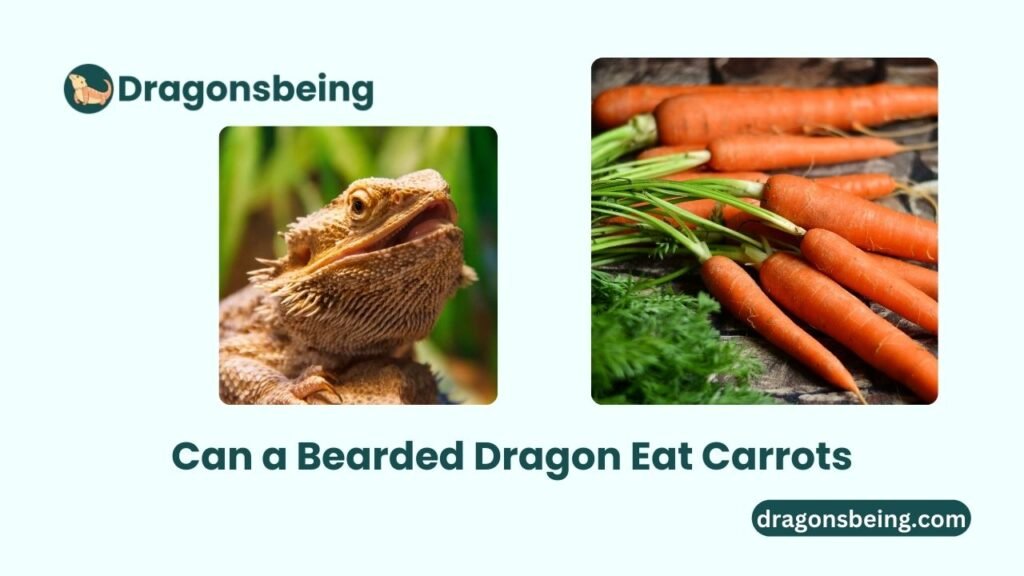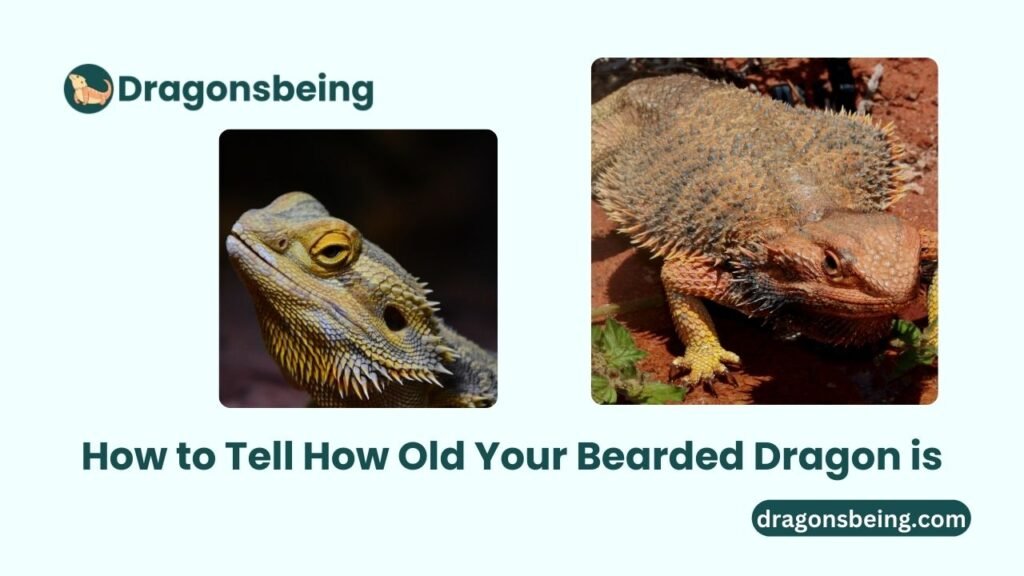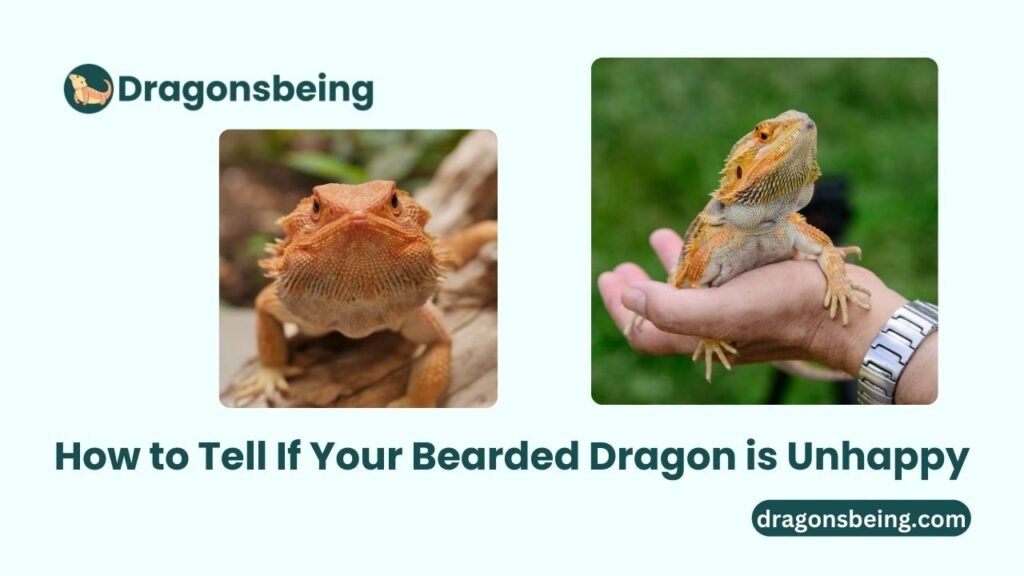Yes, bearded dragons can eat carrots. They are safe but should be given in moderation due to high sugar content.
Bearded dragons are popular pets known for their unique personalities and care requirements. A balanced diet is crucial for their health and well-being. Vegetables play an important role, offering essential vitamins and minerals. Carrots are often a topic of discussion among bearded dragon owners.
While these vibrant orange veggies can be beneficial, they should not dominate the diet. Instead, they should complement other vegetables and protein sources. Understanding the nutritional needs of your bearded dragon will help you provide a varied and healthy diet. Always chop vegetables into small pieces to prevent choking and encourage proper digestion for your reptilian friend.
Introduction To Bearded Dragons’ Diet
Bearded dragons are popular pet reptiles. They have unique dietary needs. Understanding their diet helps keep them healthy. Let’s explore their natural eating habits and common misconceptions.
Natural Habitat Dietary Habits
In the wild, bearded dragons eat a variety of foods. Their diet includes:
- Insects
- Greens
- Fruits
Insects like crickets and mealworms are common. Greens such as collard greens and kale are essential. Fruits are treats, not staples. Bearded dragons prefer:
| Food Type | Examples |
|---|---|
| Insects | Crickets, Mealworms, Dubia Roaches |
| Greens | Kale, Collard Greens, Mustard Greens |
| Fruits | Berries, Melon, Apples |
Common Misconceptions About Feeding
Many people misunderstand bearded dragon diets. Some think they can eat anything. This is not true.
- Bearded dragons cannot eat iceberg lettuce. It has no nutrients.
- Carrots should be offered in moderation. They are high in sugar.
- Only insects are not enough. Greens and fruits are important too.
Always research before feeding your pet. A balanced diet keeps them healthy. Consult a vet for the best advice.
Nutritional Value Of Carrots
Carrots are a popular vegetable. They offer several health benefits. Bearded dragons can enjoy carrots in moderation. Understanding the nutritional value helps in making better choices.
Vitamins And Minerals In Carrots
Carrots are rich in essential vitamins and minerals. Here’s a breakdown:
| Nutrient | Amount per 100g |
|---|---|
| Vitamin A | 16,706 IU |
| Vitamin K | 13.2 mcg |
| Potassium | 322 mg |
| Fiber | 2.8 g |
These nutrients support health and growth. Vitamin A improves vision. Vitamin K aids in blood clotting. Potassium helps in muscle function.
Benefits For Bearded Dragons
Feeding carrots offers several benefits:
- Vision Support: Vitamin A promotes good eyesight.
- Bone Health: Vitamin K helps strengthen bones.
- Digestive Health: Fiber aids digestion.
- Hydration: Carrots contain water, keeping them hydrated.
Serving carrots in small amounts is key. Too many can cause health issues. Always chop carrots into small pieces. This prevents choking and aids eating.
Feeding Carrots To Your Bearded Dragon
Carrots can be a tasty treat for your bearded dragon. They offer vitamins and minerals. However, moderation is key. Understanding how to prepare and serve carrots is important.
Preparing Carrots For Feeding
Proper preparation ensures your bearded dragon enjoys carrots safely. Follow these steps:
- Wash the carrots thoroughly to remove dirt and pesticides.
- Peel the carrots to remove the outer skin.
- Chop the carrots into small, bite-sized pieces.
- Steam the carrots lightly for easier digestion.
Steaming makes them softer. This prevents choking hazards. Always let them cool before serving.
Recommended Serving Size
Carrots should only be a small part of your dragon’s diet. Here are some guidelines:
| Age | Recommended Serving Size |
|---|---|
| Juvenile (up to 6 months) | 1 teaspoon per week |
| Adult (6 months and older) | 1-2 teaspoons per week |
Too many carrots can cause health issues. Monitor your bearded dragon’s reaction. Adjust the serving size as needed.
- Always mix carrots with leafy greens.
- Limit high-sugar foods.
- Observe for any digestive problems.
Potential Risks Of Overfeeding Carrots
Carrots can be a tasty treat for bearded dragons. They are high in fiber and vitamins. However, overfeeding can lead to serious health issues. It’s essential to know the risks.
Vitamin A Toxicity
Carrots are rich in beta-carotene. This converts to vitamin A in the body. While vitamin A is vital, too much can cause toxicity. Here are the signs of vitamin A toxicity:
- Swelling of the face and limbs
- Lethargy and weakness
- Loss of appetite
- Respiratory issues
Limit carrots to prevent these problems. A balanced diet is key for health. A good rule is to feed carrots only once a week.
Digestive Issues
Feeding too many carrots may cause digestive troubles. Carrots are high in fiber, which can lead to:
| Digestive Issue | Symptoms |
|---|---|
| Constipation | Straining to defecate |
| Diarrhea | Loose, watery stools |
Mix carrots with other vegetables. This helps maintain a balanced diet. Always monitor your bearded dragon’s health closely.
Incorporating Carrots Into A Balanced Diet
Carrots can be a fun addition to your bearded dragon’s diet. They offer color and crunch. But, they should not be the only food. A balanced diet is key for your pet’s health.
Creating A Varied Diet
A varied diet helps keep your bearded dragon healthy. Different foods provide essential nutrients. Here are some tips to create a balanced meal plan:
- Mix leafy greens like kale and collard greens.
- Add colorful veggies such as bell peppers and squash.
- Include protein sources like insects and worms.
- Offer fruits like strawberries and blueberries as treats.
Carrots should be chopped into small pieces. This makes it easier for your dragon to eat. Always introduce new foods slowly.
Other Vegetables And Fruits To Include
Besides carrots, many other vegetables and fruits are great for your bearded dragon.
| Vegetables | Fruits |
|---|---|
| Kale | Strawberries |
| Bell Peppers | Blueberries |
| Zucchini | Mango |
| Squash | Watermelon |
Rotate these options regularly. This keeps meals interesting. It also ensures your dragon gets all the vitamins and minerals it needs.
Always wash vegetables and fruits before serving. This removes pesticides and dirt. Cut them into manageable pieces. Avoid feeding too much fruit, as it contains sugar.
Monitoring Your Bearded Dragon’s Health
Keeping an eye on your bearded dragon’s health is crucial. A balanced diet supports strong growth and vitality. Carrots can be a part of this diet, but moderation is key.
Signs Of A Balanced Diet
Recognizing a balanced diet is essential for your pet’s health. Here are some signs to look for:
- Healthy weight: Your bearded dragon should maintain a consistent weight.
- Active behavior: A lively dragon shows good health.
- Clear eyes: Bright, clear eyes indicate proper nutrition.
- Regular shedding: Smooth, even shedding suggests a balanced diet.
- Normal stool: Firm and well-formed feces are a good sign.
When To Consult A Vet
Consult a vet if you notice any of the following:
- Weight loss or sudden weight gain.
- Persistent lethargy or inactivity.
- Changes in appetite or drinking habits.
- Abnormal stool consistency or color.
- Signs of illness, such as swelling or respiratory issues.
Regular check-ups can prevent health issues. Always seek professional advice when unsure.
Expert Opinions On Feeding Carrots
Understanding expert opinions helps pet owners make informed choices. Carrots can be a tasty addition to a bearded dragon’s diet. Let’s explore what veterinarians and experienced breeders say about this crunchy veggie.
Veterinarian Recommendations
Veterinarians often stress moderation when feeding carrots. While carrots are safe, they should not dominate the diet. Here are key points from vet recommendations:
- High Sugar Content: Carrots contain natural sugars. Excess sugar can lead to health issues.
- Calcium to Phosphorus Ratio: Carrots have a lower calcium content. This can affect bone health.
- Chop or Shred: Always chop or shred carrots. This makes them easier to eat.
Feeding carrots once a week is often suggested. This allows for variety in your dragon’s diet. Always pair carrots with leafy greens and other veggies.
Experienced Breeder Advice
Experienced breeders have practical insights on feeding carrots. They recommend a balanced approach. Here’s what they advise:
- Variety is Key: Include different vegetables to avoid boredom.
- Observe Reactions: Watch your dragon’s reaction to carrots. Some may not like them.
- Mix with Greens: Combine carrots with leafy greens for better nutrition.
Breeders suggest using carrots as a treat. This keeps the diet interesting and healthy.
| Feeding Tips | Details |
|---|---|
| Frequency | Once a week |
| Preparation | Chopped or shredded |
| Mix with | Leafy greens and other vegetables |
Consult with your vet for personalized advice. Their expertise ensures a healthy diet for your bearded dragon.
Conclusion: Moderation Is Key
Feeding your bearded dragon carrots can be beneficial. Yet, too much can cause problems. Always remember, moderation is key.
Summary Of Benefits And Risks
| Benefits | Risks |
|---|---|
| Rich in Vitamin A | High in Oxalates |
| Good source of beta-carotene | Can lead to calcium absorption issues |
| Supports eye health | May cause diarrhea if overfed |
Final Thoughts On Feeding Carrots
Carrots are a tasty treat for bearded dragons. They should not be a staple food. Offer carrots occasionally. Cut them into small, manageable pieces.
- Mix carrots with leafy greens.
- Always wash carrots before feeding.
- Observe your dragon’s reaction to carrots.
Watch for any signs of discomfort. Adjust the diet as needed. A balanced diet ensures your pet stays healthy.
Frequently Asked Questions
Can Bearded Dragons Eat Carrots Daily?
Feeding carrots daily is not recommended. They should be given as an occasional treat.
What Nutrients Do Carrots Provide For Bearded Dragons?
Carrots offer vitamins A and C, but they lack calcium and protein essential for bearded dragons.
How Should Carrots Be Prepared For Bearded Dragons?
Chop or shred carrots into small pieces to make them easier for bearded dragons to eat and digest.
Are Raw Carrots Safe For Bearded Dragons?
Raw carrots are safe in moderation, but cooked carrots may be easier to digest.
Can Baby Bearded Dragons Eat Carrots?
Baby bearded dragons can eat carrots, but they should be offered in smaller amounts and sizes.
What Are Alternatives To Carrots For Bearded Dragons?
Alternatives include leafy greens, squash, and bell peppers, which provide better nutritional balance.
Conclusion
Bearded dragons can enjoy carrots in moderation. These vibrant veggies offer essential vitamins and fiber. Always chop them into small pieces to prevent choking. Balance their diet with other greens and proteins. Providing variety helps keep your pet healthy and happy.
Remember, a well-fed bearded dragon is a thriving bearded dragon!

Hi, I’m Dr. Michelle Mayers, a veterinary professional with a deep passion for animal health and well-being. Over the years, I’ve dedicated my life to caring for animals and helping pet owners better understand their furry, feathered, or scaly companions. On my blog, Dragonsbeing, I share insights, tips, and stories that aim to educate, inspire, and connect with fellow animal lovers. Join me at Dragonsbeing as we explore the fascinating world of veterinary care and celebrate the special bond between humans and animals!


